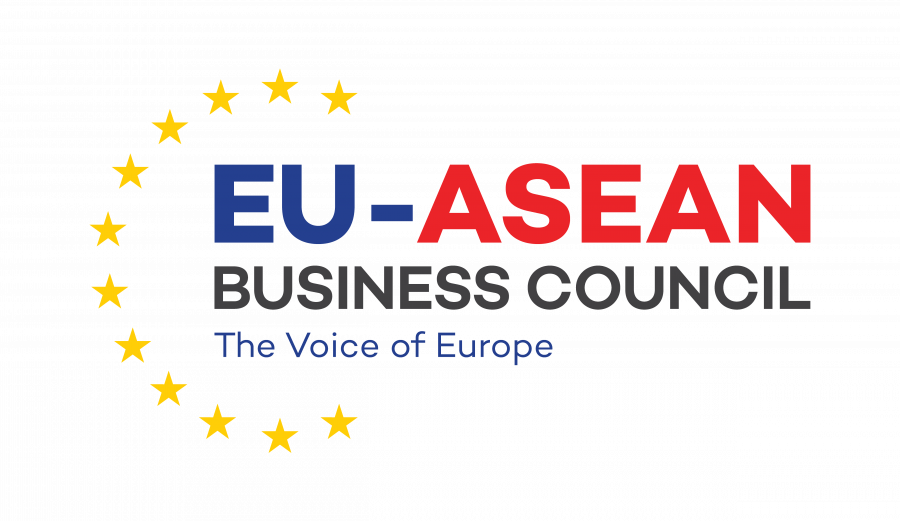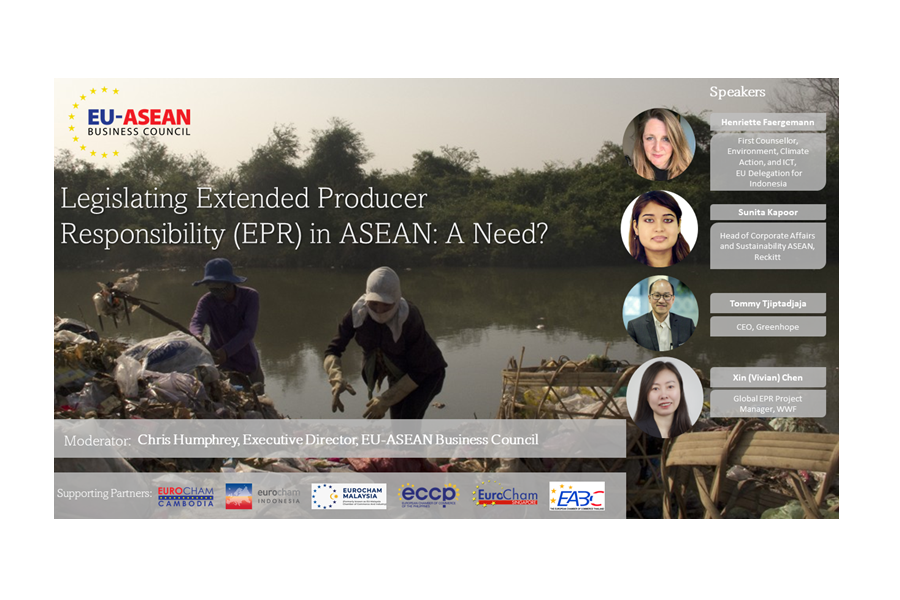It is not a surprise that plastic pollution is a major problem in Southeast Asia – in 2021, more than 30 million tonnes of plastic waste was generated in just six ASEAN countries, packing landfills and choking water bodies that surround and meander through the region. The threats to human life and nature have been made clear, and with ASEAN’s population and economies booming, it is now more urgent than ever to tackle the issue. One clear way is through moves on Extended Producer Responsibility (EPR).
Collecting, sorting, and recycling of post-consumer products cost governments money. To ensure that such efforts can be meaningfully scaled and continue to be funded, EPR schemes can be implemented. EPR is a policy approach that shifts the responsibility of waste management – financial and/or physical away from local authorities to producers; what this does is also to incentivise producers to prevent waste at the source and come up with innovative product design that have minimal environmental impact and are easily reusable or recyclable.
The advantages of EPR schemes are obvious, and yet implementation remains sparse across ASEAN, with many AMS still lagging on policies or plans for EPR to take off. On the regional level, the ASEAN Secretariat has plans to develop a regional guidebook on financial mechanisms for investments in plastic waste management, a handbook on EPR and a knowledge sharing platform as part of its efforts to combat marine waste. However, these sound like voluntary commitment for member states rather than real legislation.
This Webinar will discuss how stakeholders in both the public and private sectors can encourage and accelerate the adoption of EPR legislation in ASEAN countries, the challenges in doing so, particularly for MSMEs and private sector players, and how we can get the buy-in of all stakeholders along the chain, from manufacturers, to waste facilities, and consumers.
To register, click here

